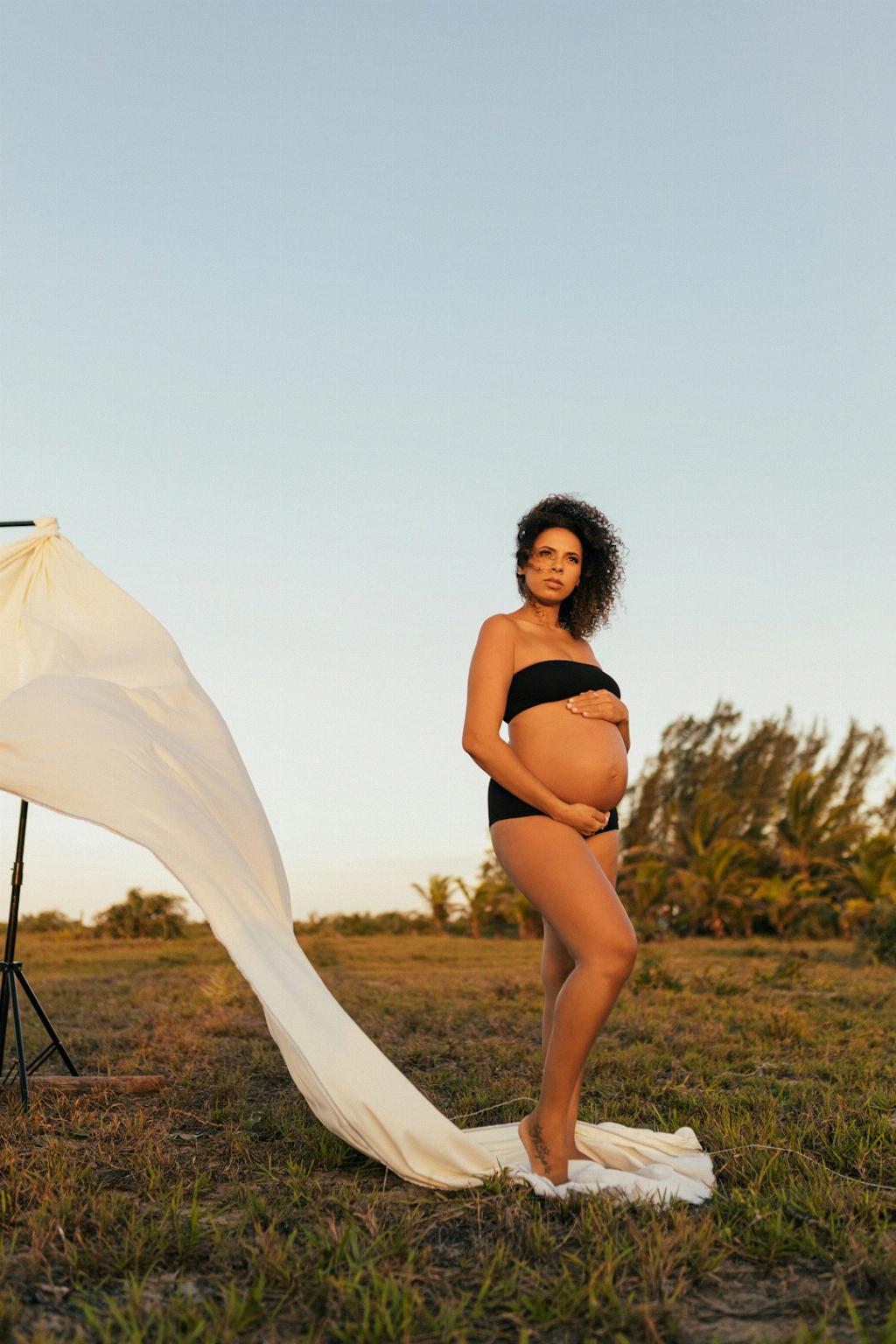During pregnancy, cramps can be a common source of discomfort for many expecting mothers. These cramps can range from mild to severe and are often caused by the expansion of the uterus and stretching of the ligaments supporting it. While cramps are usually harmless, they can still be quite uncomfortable. It’s important to understand what helps alleviate these cramps to make pregnancy more manageable.
Rest and Relaxation
One of the simplest and most effective ways to relieve cramps during pregnancy is to rest and relax. Taking the time to lie down and elevate your feet can help alleviate pressure on your abdominal muscles and ligaments, reducing cramping and discomfort. Additionally, taking a warm bath or shower can help relax tense muscles and provide relief from sharp pains.
Regular Exercise
Engaging in regular, gentle exercise can also help with cramps during pregnancy. Activities like prenatal yoga or walking can strengthen and tone your abdominal muscles, providing better support for your growing belly and helping to alleviate cramps. Just be sure to consult with your healthcare provider before starting any new exercise regimen.
Proper Hydration
Staying hydrated is crucial during pregnancy, not only for overall health but also for reducing cramps. Dehydration can lead to muscle cramps, so be sure to drink plenty of water throughout the day. Aim for at least eight glasses of water a day, more if you are active or if the weather is hot.
Healthy Diet
Eating a well-balanced, nutritious diet is essential for managing cramps during pregnancy. Incorporate foods rich in vitamins and minerals, such as fruits, vegetables, whole grains, and lean proteins. These nutrients can help prevent muscle cramps and provide your body with the necessary fuel to support your pregnancy.
Proper Posture
Good posture is key to reducing strain on your muscles and ligaments, which can help alleviate cramps. When standing or sitting, make sure to maintain proper posture by keeping your back straight, shoulders back, and pelvis aligned. Avoid slouching or leaning to one side to prevent unnecessary stress on your muscles.
Sleep Position
How you sleep can also impact cramps during pregnancy. Try sleeping on your side with a pillow between your knees to help align your hips and reduce pressure on your lower back and abdominal muscles. This can help prevent cramps and improve overall comfort while sleeping.
Supportive Clothing
Wearing supportive clothing, such as a maternity belt or supportive bra, can help reduce cramps by providing additional support to your growing belly and breasts. These garments can help distribute weight more evenly and reduce strain on your muscles, easing cramping and discomfort.
Massage and Gentle Stretching
Regularly massaging and gently stretching your muscles can help alleviate cramps during pregnancy. Focus on areas that feel tight or sore, using gentle pressure to release tension. You can also try prenatal massage or yoga to specifically target cramp-prone areas and promote relaxation.
Warm Compress or Ice Pack
Applying a warm compress or ice pack to cramp-prone areas can help relieve discomfort and reduce inflammation. A warm compress can relax tense muscles, while an ice pack can numb pain and reduce swelling. Experiment with both methods to see which provides you with the most relief.
Breathing Techniques
Practicing deep breathing techniques can help manage cramps by promoting relaxation and reducing stress. Take slow, deep breaths in through your nose and out through your mouth to calm your body and mind. You can combine deep breathing with visualization or meditation for added relaxation benefits.
Consult Your Healthcare Provider
If you experience persistent or severe cramps during pregnancy, it’s important to consult with your healthcare provider. They can help determine the underlying cause of your cramps and recommend appropriate treatment options. Never ignore persistent or worsening cramps, as they could be a sign of a more serious issue that requires medical attention.
Final Thoughts
Overall, there are many ways to help alleviate cramps during pregnancy and make the experience more comfortable. By taking care of your body, practicing relaxation techniques, and seeking support from healthcare providers, you can navigate pregnancy cramps with greater ease and peace of mind. Remember to listen to your body, prioritize self-care, and seek help when needed to ensure a safe and healthy pregnancy.

